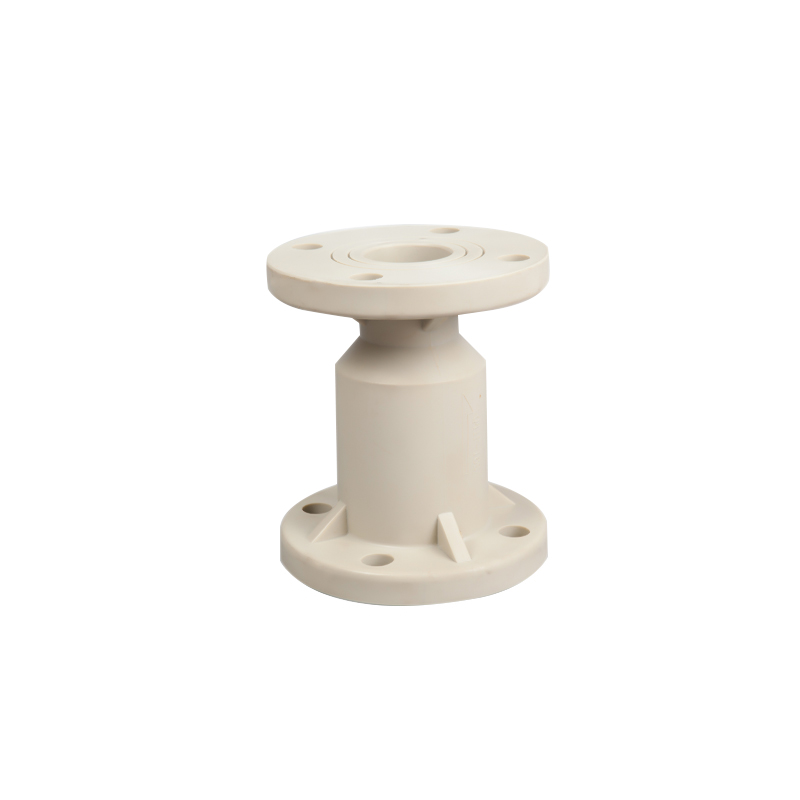Summary:Check valves are essential components in fluid systems that enable the control and regulation of fluid flow in a unidire...
Check valves are essential components in fluid systems that enable the control and regulation of fluid flow in a unidirectional manner. These valves play a crucial role in preventing backflow, maintaining pressure integrity, and ensuring the smooth operation of various industrial processes.
Function and Operation:
Check valves, also known as non-return valves or one-way valves, allow fluid to flow in one direction while preventing reverse flow. Their primary function is to automatically close when the fluid flow stops or reverses, ensuring the maintenance of system pressure and preventing the backflow of fluids. Check valves operate through various mechanisms, including swing, lift, ball, or diaphragm designs, each suited for specific applications. These valves require minimal external energy and rely on fluid pressure or gravitational forces to operate, making them reliable and efficient components in fluid systems.
Types of Check Valves:
Check valves are available in different configurations to meet specific application requirements. Common types include swing check valves, which feature a hinged disc that swings open to allow forward flow and closes to prevent backflow. Lift check valves utilize a vertically moving disc to control flow direction. Ball check valves employ a spherical ball that lifts to allow fluid passage and drops to block reverse flow. Additionally, diaphragm check valves use a flexible diaphragm that flexes to permit flow in one direction and seals to prevent backflow. Each type of check valve offers distinct advantages and is suitable for particular system conditions and fluid properties.
Applications and Industries:
Check valves find extensive use across numerous industries and applications. They are commonly employed in water treatment plants, oil and gas refineries, chemical processing plants, HVAC systems, irrigation systems, and power generation facilities. Check valves to ensure the proper functioning of pumps, compressors, turbines, and other equipment by preventing reverse flow and protecting against damage caused by backflow. These valves are also vital in preventing contamination and maintaining the integrity of systems that handle hazardous or corrosive fluids. Furthermore, they play a significant role in firefighting systems, preventing the backflow of water or foam and allowing quick response during emergencies.
Advantages of Check Valves:
Check valves offer several advantages that contribute to the efficiency and reliability of fluid systems. They provide automatic and instantaneous closure, eliminating the need for manual intervention. Check valves require minimal maintenance due to their simple design and operation, reducing downtime and associated costs. These valves also prevent damage to equipment and pipelines by blocking reverse flow and relieving pressure surges. By maintaining flow direction and preventing backflow, check valves promote system stability, reduce energy loss, and optimize process performance. Additionally, their compact size, compatibility with a wide range of fluids, and ease of installation make check valves versatile and cost-effective solutions in fluid control applications.

Material: Plastic-Pph
Media: Acid
Connection Form: Flange
Temperature: Ordinary Temperature
Structure: Ball
Pressure: Low Pressure
Function: Nrvr Silence
Sealing Form: Gland Packings Globe Valve
Model NO.: H41F-10S/F
Flow Direction: Unidirection/Reversing
Standard: GB
Application: Industrial Usage

